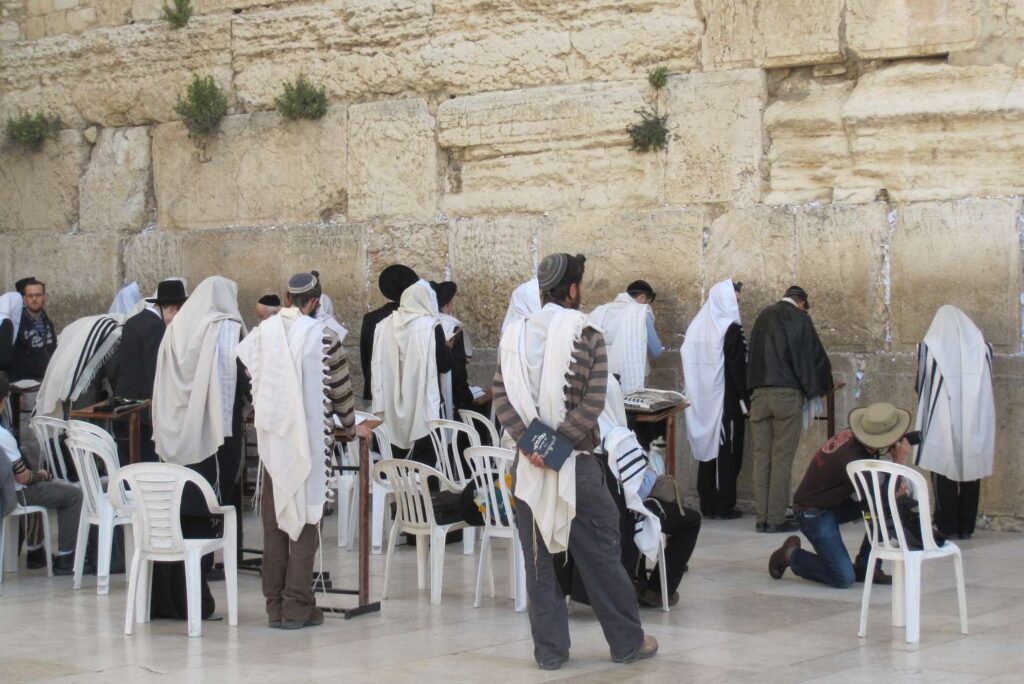I’ve had plenty of criticism from readers of my blog over the years, but in my recent post about why Christians should see the upcoming movie Noah, I was surprised at the level of venom coming from Christians trying to “defend the faith.”
Sometimes it seems those trying to fight for doctrinal purity are the most angry and bitter people of all. There’s no question that doctrine is important, but the other side of that question is: “How should we deal with people who disagree with our position on the Bible?”
Last month in Christianity Today magazine, Sarah Hinlicky Wilson wrote a feature called “Lament for a Divided Church.” In it, she dealt with our attitude toward those who appear to deviate from what we believe is correct biblical doctrine. Here’s the most interesting part of her piece for me, and I’d love to hear your reaction:
Love the Heretic, Hate the Heresy
“What if enemies of Christ have snuck inside the gates? False teachers were condemned and sent away by the apostles; shouldn’t we do the same? Isn’t division preferable in certain cases? The matter finally comes down to how we view the “enemy” that the false teacher has become. Is the heretic an enemy like Satan, to be thrown into the lake of fire and tormented forever? Or one of the lost sheep whom Christ goes to great lengths to rescue, the ungodly for whom Christ died?
“The truth is, no heretic will recover from his heresy as long as the orthodox permanently reject him. And there’s always the possibility that buried beneath the heresy is a neglected shard of truth. Lutheran theologian Arthur Carl Piepkorn liked to say that heresies were Bußpredigten, meaning “repentance sermons”: They were rebukes to the mainstream church for overlooking some aspect of Christian truth and love. Sticking with enemies and heretics is not for the faint of Spirit. It means forgiving seventy times seven. It means humbly counting others more significant than yourself. It means blessing, not cursing, those who persecute you. It means, in short, doing unto others as Christ has done unto you.”
I wonder how that attitude would help us discuss doctrinal differences while maintaining the unity that Jesus died for. At the very least, it might be a catalyst for more civil discussion online, even when it comes to what we believe are life or death issues.
What do you think?
Phil Cooke is a filmmaker, media critic and adviser to some of the largest churches, ministries and nonprofit organizations in the world. He’s the founder of the Influence Lab.
See an error in this article?
To contact us or to submit an article





















